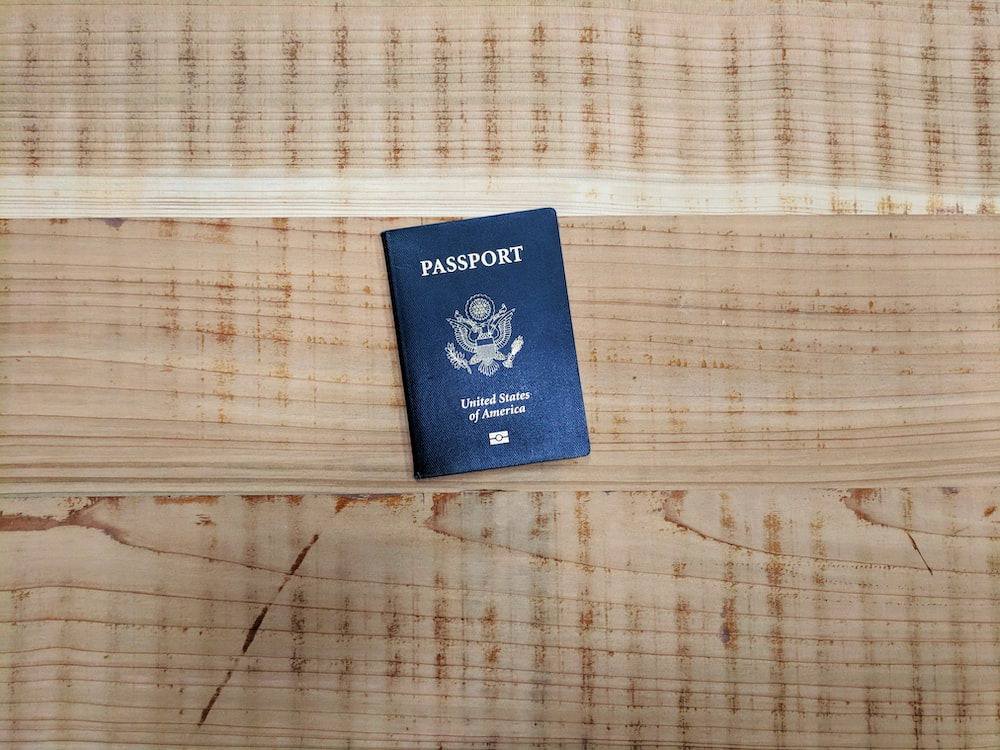Houston, Texas, often referred to as the “Bayou City,” is a melting pot of cultures and nationalities. As a result, it’s no surprise that immigration law plays a crucial role in this diverse metropolis. Understanding the nuances of Houston immigration law is essential for those who are either seeking to immigrate to the city or assisting others through the immigration process. In this comprehensive blog, we will delve into the various facets of immigration law in Houston, touching on key aspects such as visas, family immigration, deportation defense, and the important role of CPS lawyers in Houston.
Visas and Immigration Status
Visas are legal documents issued by the U.S. government that grant foreign nationals the authorization to enter and reside in the United States for specific purposes and durations. These purposes can encompass employment, education, family reunification, and various other categories. In Houston, as in many other major cities, visas are essential for a wide range of individuals, and they are the initial step on the immigration journey.
Types of Visas in Houston
- Employment-Based Visas: Houston’s thriving industries, including healthcare, energy, and technology, attract professionals from around the world. Common employment-based visas in Houston include the H-1B, L-1, and O-1 visas, which cater to skilled workers and individuals with exceptional abilities.
- Family-Based Visas: Houston’s diverse population is comprised of families with members from various countries. Family reunification is a core principle of U.S. immigration law. Family-sponsored visas and the K-1 fiance visa allow individuals to join their loved ones in Houston.
- Student Visas: Houston is home to numerous prestigious educational institutions. F-1 and M-1 student visas are sought by international students who wish to pursue higher education in the city.
Immigration Status: Legal Stay in Houston
Immigration status refers to a foreign national’s lawful presence and activities in the United States. It is determined by the type of visa one holds and any adjustments made through the immigration process. Understanding your immigration status is crucial, as it dictates what you can and cannot do legally while in Houston.
Laws and Policies
Like many major U.S. cities, Houston’s immigration laws and policies complement federal immigration regulations. These local laws and policies aim to address the unique needs and challenges of the city’s diverse immigrant population while aligning with federal guidelines. While I cannot provide up-to-date information on Houston’s immigration law and policies beyond my last knowledge update in January 2022, I can offer a general overview of what you might expect.
Local Enforcement of Federal Immigration Laws: Houston’s immigration law primarily involves cooperating with federal agencies like U.S. Immigration and Customs Enforcement (ICE). Local law enforcement typically collaborates with federal agencies to apprehend individuals with immigration violations. However, policies may vary over time and depending on city leadership.
Sanctuary City Policies: In the past, Houston has had discussions about sanctuary city policies, which involve limited cooperation with federal immigration authorities in certain cases. These policies are designed to promote trust and cooperation between local law enforcement and immigrant communities.
Immigration Services: The city may provide services or resources for immigrants and refugees, such as access to legal aid, English language classes, and job placement services. Immigration lawyers in Houston play a crucial role in helping immigrants navigate the legal aspects of their status and the naturalization process.
Community Engagement: Houston encourages community engagement to promote cultural diversity and integration. Various organizations and initiatives work to welcome newcomers and help them become active members of the community.
Public Education: Public schools in Houston are required to admit all students, regardless of their immigration status. This policy is in line with federal laws established by the Supreme Court’s Plyler v. Doe decision, which mandates that states provide free public education to all children, including undocumented immigrants.
Anti-Discrimination Laws: Houston’s anti-discrimination ordinances may protect immigrants from discrimination based on their national origin or immigration status in various contexts, such as employment and housing.
Emergency Services: In cases of emergencies, including natural disasters, Houston typically ensures that emergency services are available to all residents, regardless of their immigration status.
It’s important to note that the specifics of Houston’s immigration laws and policies may evolve with changes in city leadership, legal developments, or political shifts. Therefore, if you require up-to-date and precise information regarding Houston’s immigration laws and policies, it is advisable to consult with immigration lawyers in Houston or contact local government agencies.
Deportation Defense
Unfortunately, not all immigration stories have happy endings. Deportation is a looming threat for those who have violated Houston’s immigration laws or lost their legal status. However, immigration lawyers in Houston work diligently to represent immigrants facing removal proceedings and help them navigate the complex legal system.
- Cancellation of Removal: One common strategy immigration lawyers in Houstonuse is seeking cancellation of removal, which is available to both lawful permanent residents and undocumented immigrants. To be eligible, individuals must meet specific criteria, such as having a certain length of residence in the U.S., demonstrating good moral character, and proving that their removal would result in exceptional and extremely unusual hardship to their U.S. citizens or lawful permanent resident family members.
- Adjustment of Status: Immigration lawyers may explore options for adjusting the immigration status of their clients. For instance, individuals who are eligible for family-based or employment-based green cards might be able to change their status, thus avoiding deportation.
- Asylum and Withholding of Removal: If an individual possesses the anxiety of persecution in their home country based on race, religion, or any such factors they may seek assistance for asylum. Lawyers can assist in preparing a strong asylum case, as well as applications for withholding of removal.
- U-Visas and T-Visas: Victims of certain crimes or human trafficking may be eligible for U-visas or T-visas, which can provide protection from deportation. Lawyers can help victims navigate the application process.
It’s essential to note that deportation lawyers in Houston can utilize strategies depending on an individual’s unique circumstances, including their immigration status, background, and the specifics of their case.
Final Thoughts
Houston’s immigration landscape is rich and varied, reflecting the city’s diverse population. From visas that offer opportunities for employment, family reunification, and education to the challenges of deportation defense and the critical role played by immigration lawyers in Houston, the immigration law in Bayou City is multifaceted.
If you need reliable and reputable immigration lawyers along with family lawyers in Houston, Texas at your best, feel free to reach out to us at Daniel Ogbeide Law. With years of experience under their belt, our attorneys have mastered the art of comprehending Houston’s legal landscape. Contact our team today to safeguard your rights.




